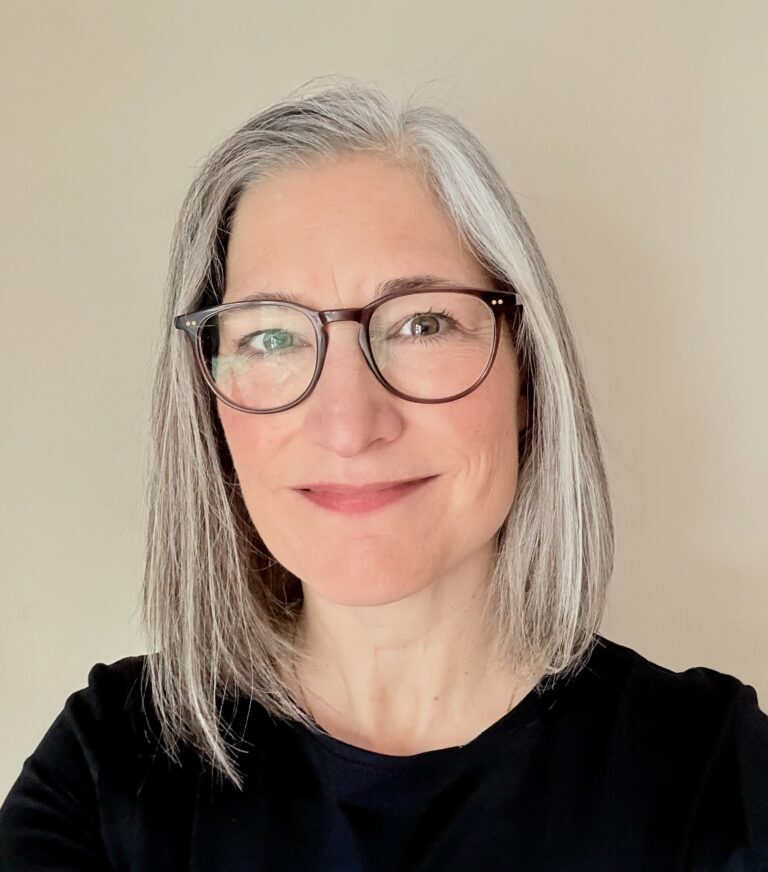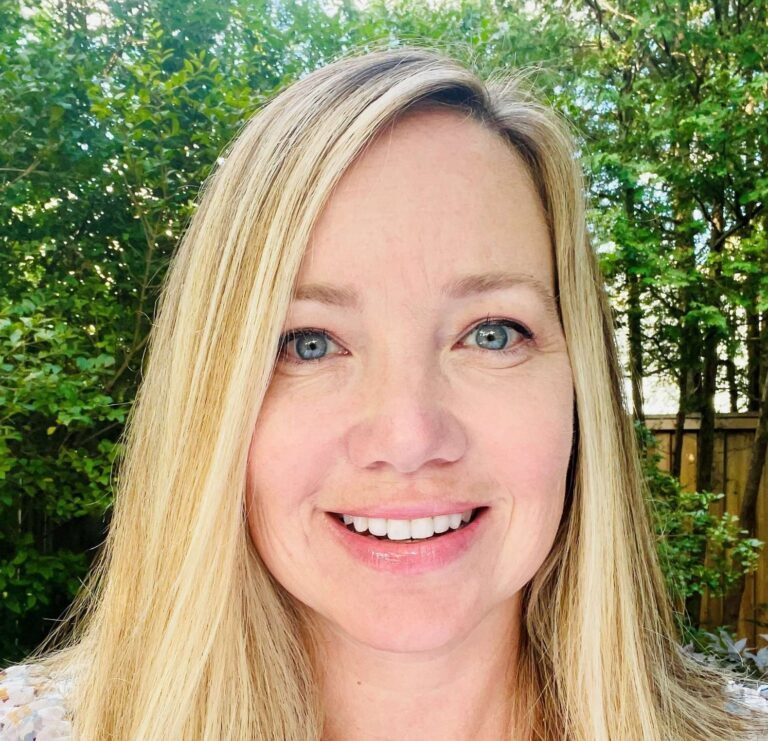Well-intentioned racism, to achieve the vague objective of “equity,” is still racism. The only sure path to reconciliation, social harmony, and equal opportunity in Canada is the principle of equal rights for all, special privileges for none. When the law applies differently to some Canadians because of their race, ancestry, ethnicity, or descent, the predictable and inevitable outcome is strife, resentment, and fear.
Consider Cowichan Tribes v. Canada (Attorney General), in which the B.C. Supreme Court told the people (of various ethnicities) who live in some parts of Richmond, B.C., that the money they paid for their own properties does not guarantee them the right to own and enjoy their own homes.
The court ruled that the land titles system in B.C., which is built on the concept of indefeasible (indestructible) title, cannot be used or relied upon in the face of Cowichan claims. The the Musqueam Indian Band and the Tsawwassen First Nation, claiming the same territory, also lost in court.
The court dismissed as irrelevant the fact that Richmond property owners were bona fide purchasers for value who had no notice of the Cowichan claim. The Cowichan claim was filed only in 2014, more than 200 years after the British had begun to establish their authority over what is now British Columbia. The court ruled that Aboriginal title has not been extinguished in the face of centuries of British (and later Canadian) rule. Most of B.C. is subject to multiple aboriginal claims, often over the same territory.
This Cowichan ruling creates extreme uncertainty for Richmond property owners, and others throughout B.C., and perhaps the rest of Canada as well.
A witness from the city of Richmond testified in the Cowichan case that the current value of private and public infrastructure being claimed is about $100 billion, which amounts to about $12 million (tax-free) per Cowichan band member.
Does anyone seriously believe that this Cowichan court ruling will bring reconciliation between Canadians of Aboriginal ancestry and Canadians whose ancestry is Chinese, East Indian, Filipino, Nigerian, German, or English? Of course not. The only results will be inter-ethnic fear, strife and conflict.
Some applaud this Cowichan ruling as only fair, “because we stole their lands.”
But who is the “we” in 2025?
Is there even one Canadian alive today about whom it could honestly be said that she or he stole land away from aboriginals? Of course not. The court’s legal reasoning is based on inter-generational guilt, whereby people must pay for the sins (real or alleged) of their great-great-great-great-great-great-great-grandfathers. If one were to apply the court’s logic to today’s Germans and Japanese, these two ethnic groups would be forced to pay today for the atrocities that their ancestors committed during World War II.
Most of the world’s countries didn’t even exist 300 years ago, or at least not with their current boundaries and ethnic composition. Every continent features a long history of military, linguistic, cultural, and economic conquests as between different people groups. Would it be a good idea to apply the principle of inter-generational guilt to all of the world’s ethnic groups and countries? If not, then why try it now in Canada?
Defining legal rights and obligations according to a person’s membership in an “oppressor” group or a “victim” group is Marxist. Marxism repudiates the dignity and value of the individual, replacing it with a fixation on groups that are perpetually at war with each other. The old Marxism claimed that all of life, including culture and economics, is a perpetual struggle between capitalist oppressors and victim workers. The new Marxism is less concerned with economics and class struggle, and instead exalts conflict between men and women, light-skinned and dark-skinned, straight and gay, Jews and Muslims, and so on.
Both the new and old versions of Marxism call for the use of coercion (including laws, court rulings, government policies and even violence) to usher in a golden age of utopian equity, when the victim group finally vanquishes the oppressor group. Both Marxisms are hostile to human rights, private property ownership, and the fundamental freedoms of expression, association, religion, and conscience. The Cowichan ruling exemplifies neo-Marxist thinking.
With the arrival of the French and the British in North America in the 1500s, Canada experienced an economic and cultural transformation away from a hunter-gatherer economy (and culture) to an entirely different economy (and culture). Europeans gradually took over the land that is now Canada and imposed their agriculture, industry, individual private property rights, written laws, languages, religions, courts, armies, police, schools, hospitals, universities, etc. Before the foreigners arrived on the shores of North America, different aboriginal tribes fought, killed, kidnapped, tortured, and enslaved each other, just like other ethnic groups on other continents. Human nature is human nature, in all its beauty, ugliness, glory, and depravity.
Since the 1500s, literally hundreds of different ethnic groups have come to settle in Canada, including the French, English, East Indians, Irish, Chinese, Jamaicans, Scottish, Japanese, Nigerians, Ukrainians, Germans, Italians, Russians, Mexicans … the list goes on. Over the centuries, numerous different aboriginal ethnic groups in Canada were joined by many other ethnic groups from around the world.
If Ukrainians came to Canada before East Indians did, should Ukrainians enjoy superior legal rights? If the French came to Canada before the Chinese did, should Canadians of French ancestry be treated better than Canadians of Chinese ancestry? If Peter can trace his Canadian-born ancestry back to the 1600s, should he have different rights from Paul, whose ancestors came to Canada only in the 1800s? And should Paul enjoy more rights and freedoms than Suzanne, who was born in Haiti and became a Canadian citizen just last week?
Why should Canadians of aboriginal ancestry enjoy superior (or “equal-but-different,” if that is even possible) legal rights than those enjoyed by Canadians of European, Asian, and African ancestry? The fact that aboriginal ethnic groups arrived in Canada earlier than other ethnic groups should be completely irrelevant when it comes to the application of the law.
Nobody disputes that different aboriginal tribes lived in this land before the arrival of Europeans, Africans, and Asians. The question is: why should this fact matter?
Section 35 of the Constitution Act of 1982 “recognizes and affirms” the existing (in 1982) aboriginal and treaty rights of the aboriginal peoples of Canada (First Nations, Inuit and Métis). This could be interpreted reasonably as a right of aboriginals to ownership of their reserves.
Sadly, Canadian courts have used Section 35 to create a host of revolutionary new legal doctrines that result in racist laws, policies, and court rulings. This does nothing to advance reconciliation, and instead actively undermines trust and social cohesion among Canadians.
Once upon a time, we Canadians rightly denounced the racism of South Africa’s apartheid system, which conferred different rights and obligations on different people, depending on whether the government classified the individual as white, black, coloured, or Indian.
Unfortunately, some Canadians—including some judges—do not believe that racism is inherently wrong. Instead, they believe in “unjust” racism (like apartheid in South Africa) and the “just” racism which they now seek to impose on Canada.
There is no good or just racism. The logic of ethnic-based legal rights could be well-intentioned, but it is stupid and dangerous.
Laws, court rulings and constitutions that confer different legal rights on different people, depending on the individual’s ancestry or ethnicity, invariably lead to resentment and conflict, or worse.
It’s high time for Canada to reject all forms of racism, and embrace the principle of “equal rights for all, special privileges for none.”
John Carpay, B.A., LL.B., is president of the Justice Centre for Constitutional Freedoms (jccf.ca).








